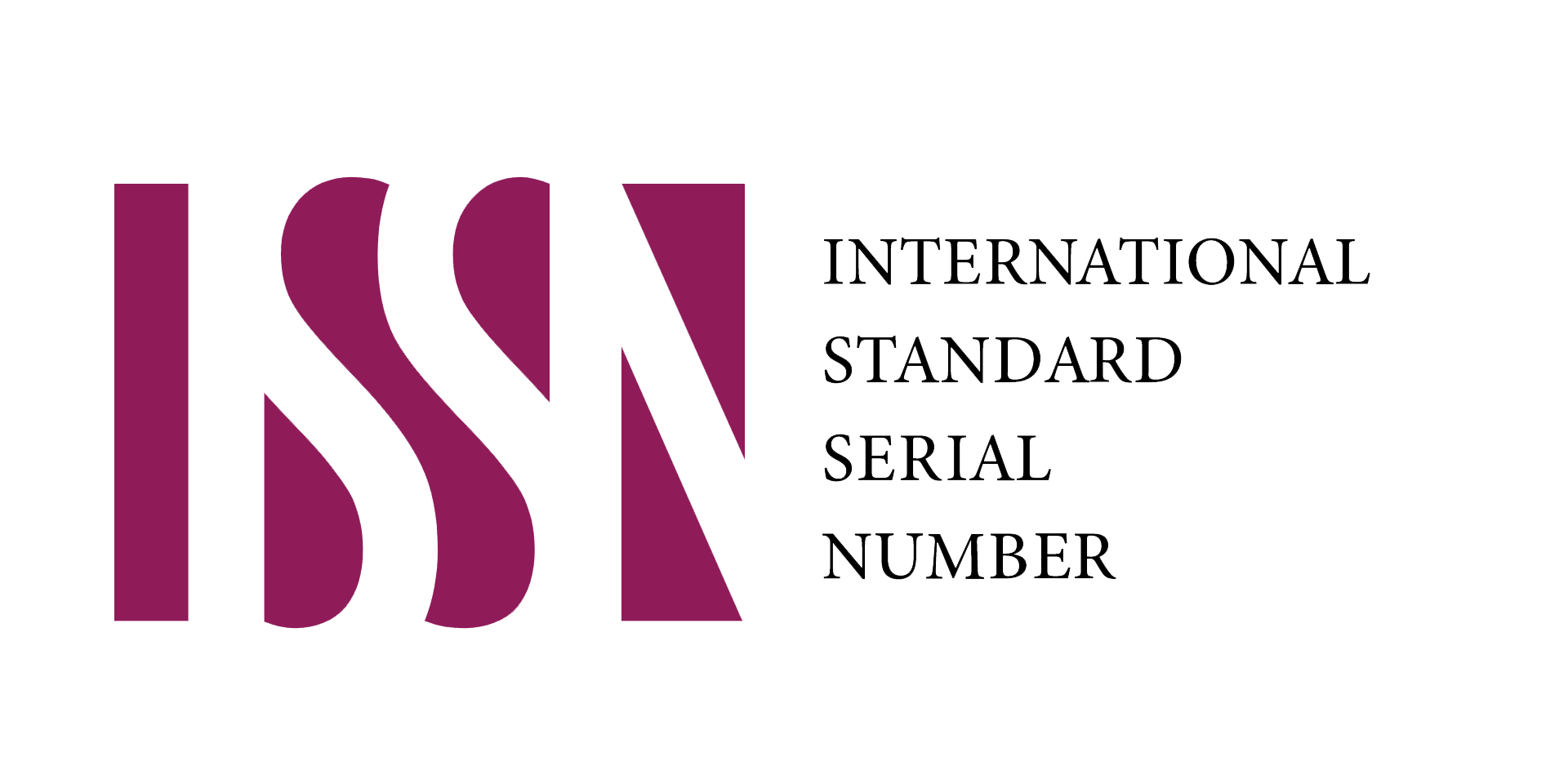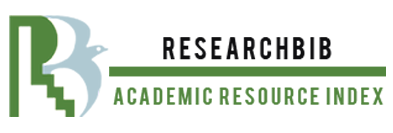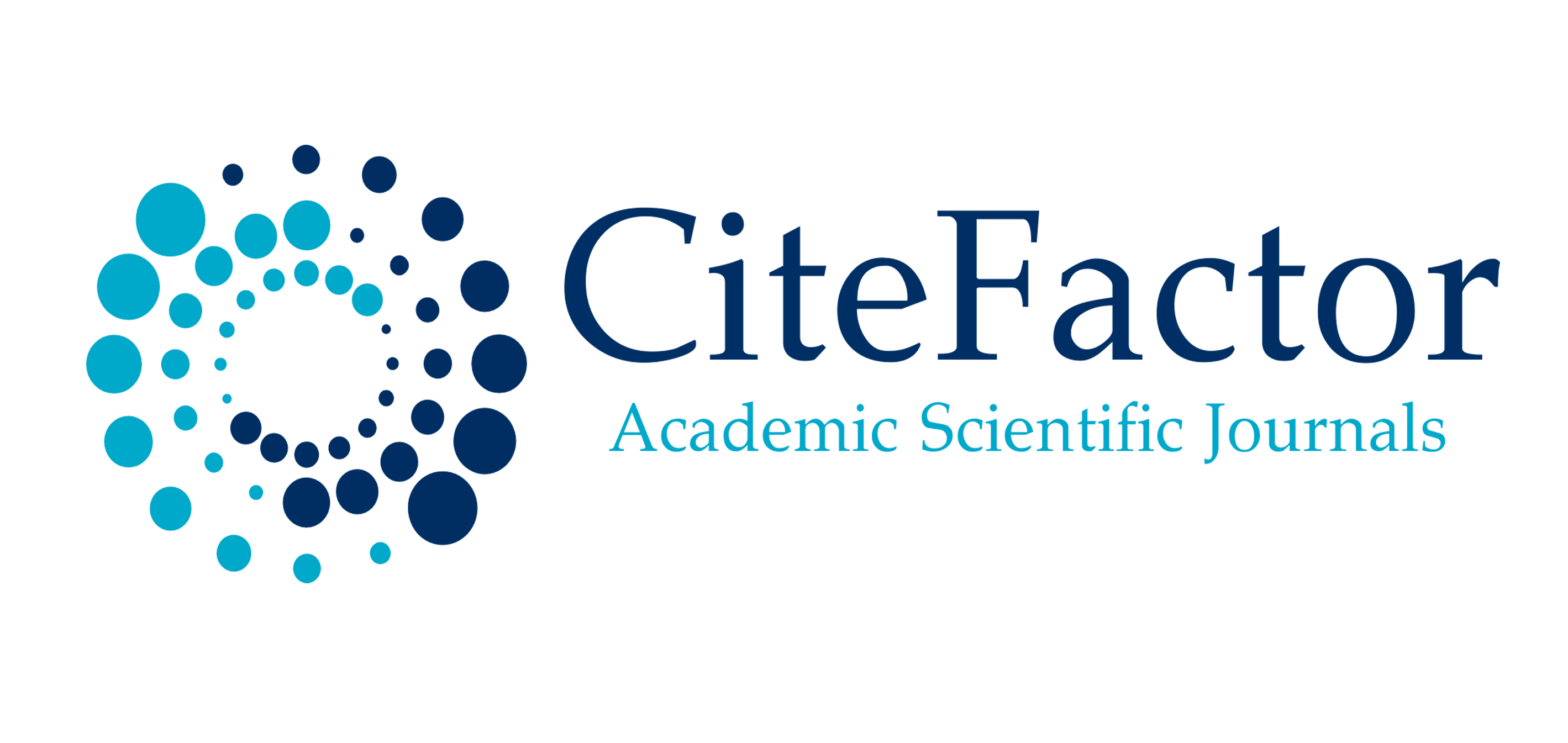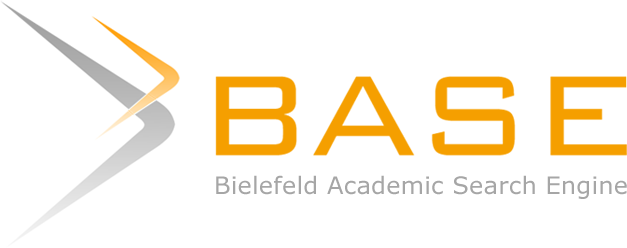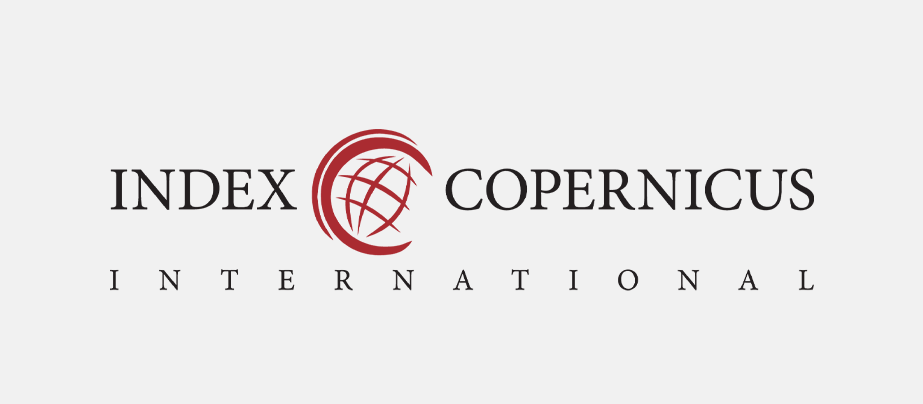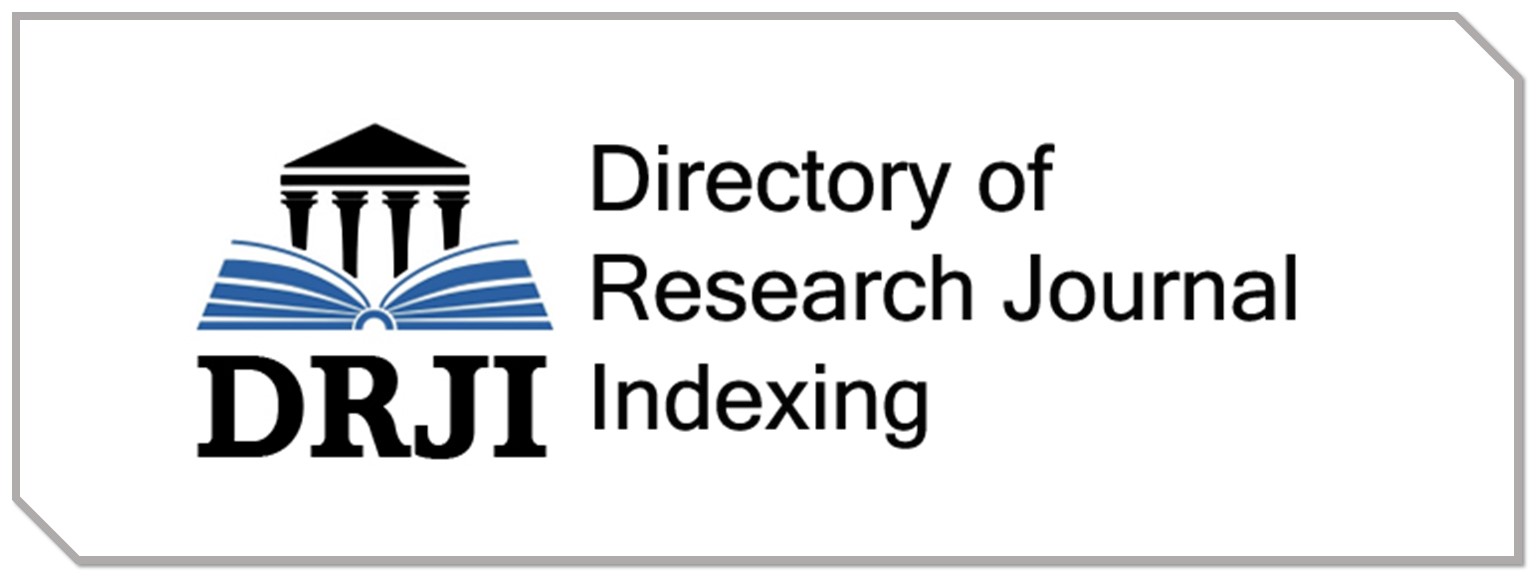THE ETHICS OF LEGAL RHETORIC: CONSIDERING THE ETHICAL IMPLICATIONS OF USING PERSUASIVE LANGUAGE AND ARGUMENTATION IN LEGAL CONTEXTS
Keywords:
Legal rhetoric, Ethics, Persuasive language, Argumentation, Legal contexts, Storytelling, Emotional appeals, Credibility-building, Language use, Visual aids, RepetitionAbstract
This article explores the ethical considerations surrounding the use of persuasive language and argumentation in legal contexts. Legal rhetoric plays a significant role in influencing judges and juries, but the ethical implications of employing persuasive techniques are often overlooked. This article examines how lawyers use storytelling, emotional appeals, credibility-building, language use, visual aids, and repetition to persuade decision-makers in courtrooms. By analyzing the ethical implications of these strategies, this abstract highlights the importance of considering the ethical boundaries of legal persuasion. Understanding and addressing these ethical concerns are crucial for lawyers to uphold the integrity of the legal system and ensure fair and just outcomes for all parties involved.

